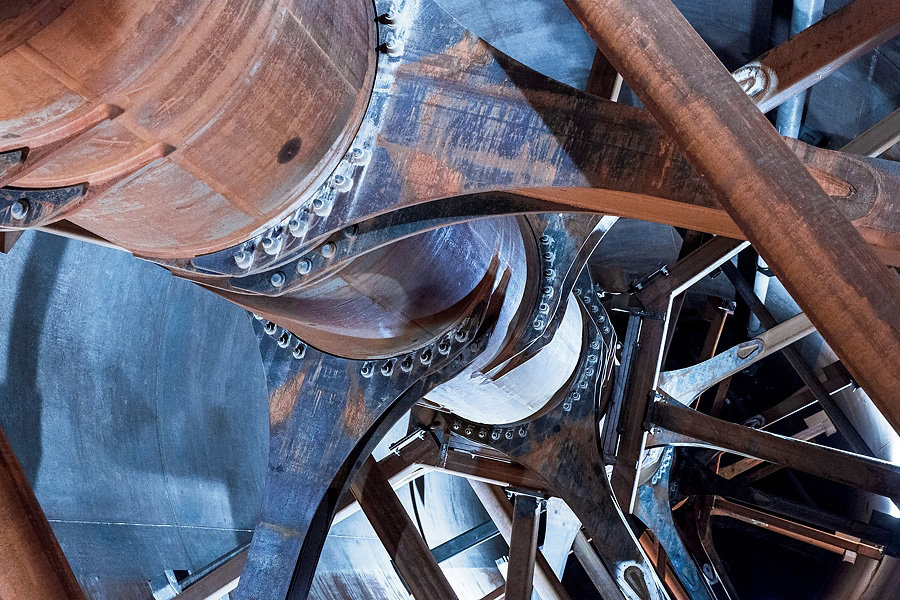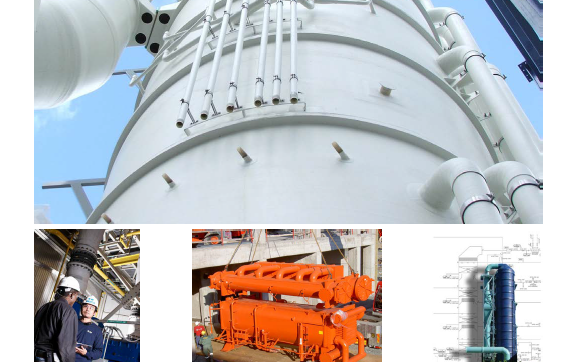HZI news – Stuttgart Optimises Regional Resource Management and Climate Protection with Dry Anaerobic Digestion Plant
Hitachi Zosen Inova AG, in a consortium with the Eggersmann Group, is to build a dry anaerobic digestion plant to treat 35,000 t/a of organic waste in in Baden-Württemberg, Germany. The two waste management specialists were recently awarded the contract by Abfallwirtschaft Stuttgart, the state capital’s own waste management utility. Construction on the plant in the Zuffenhausen district will commence in October 2021.

Stuttgart, Germany. The awarding of the contract kicks off a project centred on a core feature of Hitachi Zosen Inova’s (HZI) proven Kompogas® technology: harnessing the potential of biogenic waste for the greatest possible material and energy yield. Construction on site is scheduled to begin in autumn this year and trial operation in 2023, with the plant due to be running at full capacity at the beginning of the summer that year.
Resource Management at its Best
A PF2100 steel digester will be used to convert up to 35,000 tonnes of source-separated organic waste from the Stuttgart urban area into biogas. Part of this will be used to generate electricity at a combined heat and power unit on the same site, with the waste heat used to heat the digester and for composting to cover the plant’s heat requirements as efficiently as possible. The electricity generated will be fed into the general utility grid.
The lion’s share of the biogas, however, will be used at the manufacturing plant of a well-known automaker, transported through an underground line to a combined heat and power unit at the plant’s energy generation unit to produce electricity and heat for direct use on site.
Besides renewable energy the biogas plant will also produce high-grade fertiliser from the digestate, which will be dewatered to yield both a liquid and a solid fraction. After being sanitised in the Kompogas® digester, the liquid digestate will be available to farmers as high-grade organic fertiliser. At the plant the solid fraction will be made into ready-to-use compost, an organic source of nutrients that can be used, for example, to provide humus cover for farmland. This sustainable approach, with resources used optimally and the various products marketed, will play a significant role in the overall economic efficiency of the plant, which in turn will impact the costs of treating the organic waste. The dry anaerobic digestion plant also makes an important contribution to regional climate protection and decarbonisation efforts.
Consistently Persuasive Technology
As for a similar project in Rhineland-Palatinate, the bidding consortium prevailed in the multiple stages of a Europe-wide tender. Eggersmann is in charge of building construction, composting, compost processing and exhaust air treatment. HZI is supplying the waste recovery technology, the dry fermentation technology for producing the biogas, and the digestate separation technology.
The Kompogas plant in Zuffenhausen is one of more than 100 installations worldwide using this technology to generate energy from renewable organic resources. Available in both steel and concrete, the digesters are equipped with resilient agitators for the reliable treatment of a wide range of substrates with different compositions comprising organic and green waste as well as the organic fraction of municipal solid waste. By combining digester modules as required, larger plants for higher throughput volumes can also be realised.


